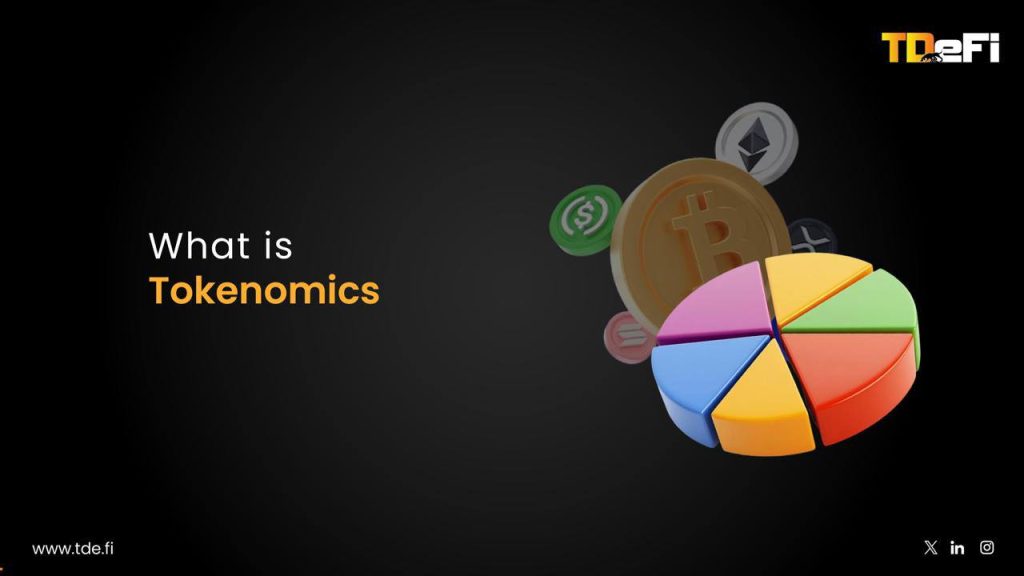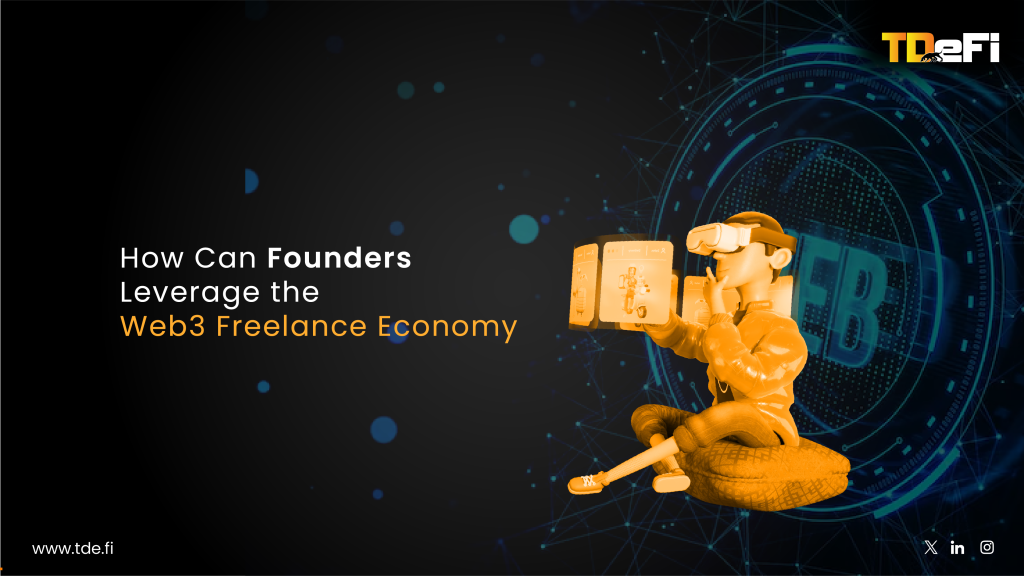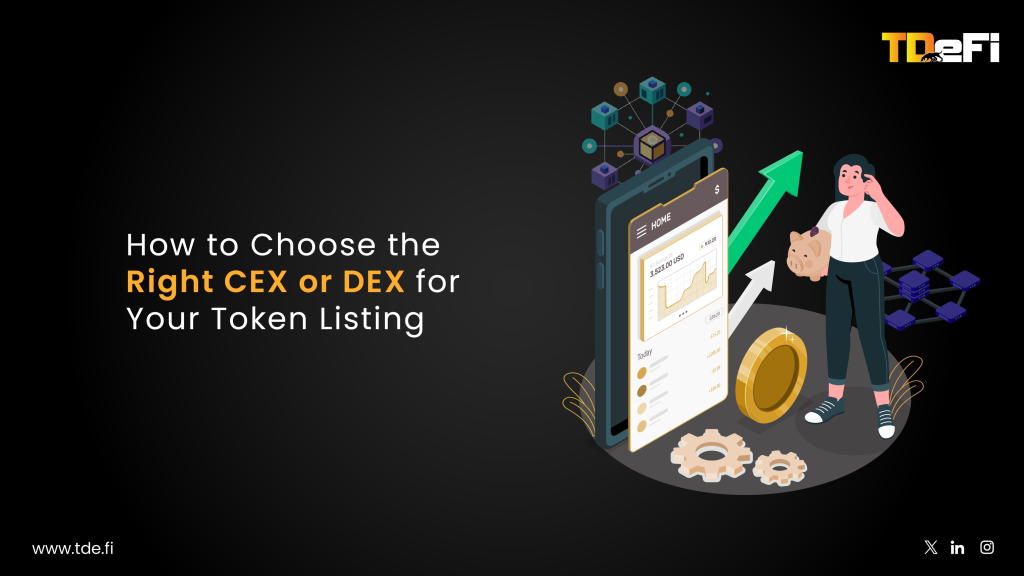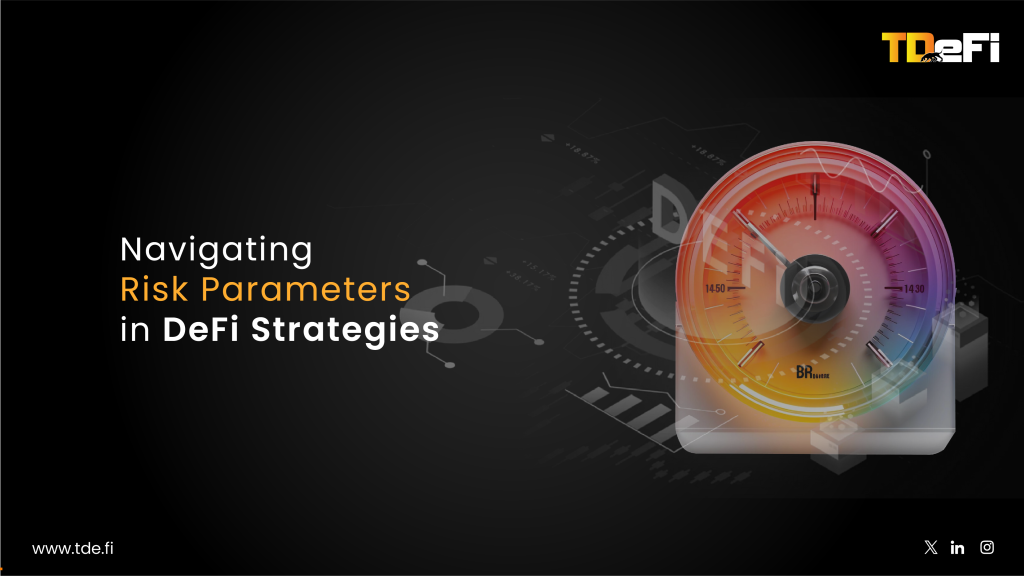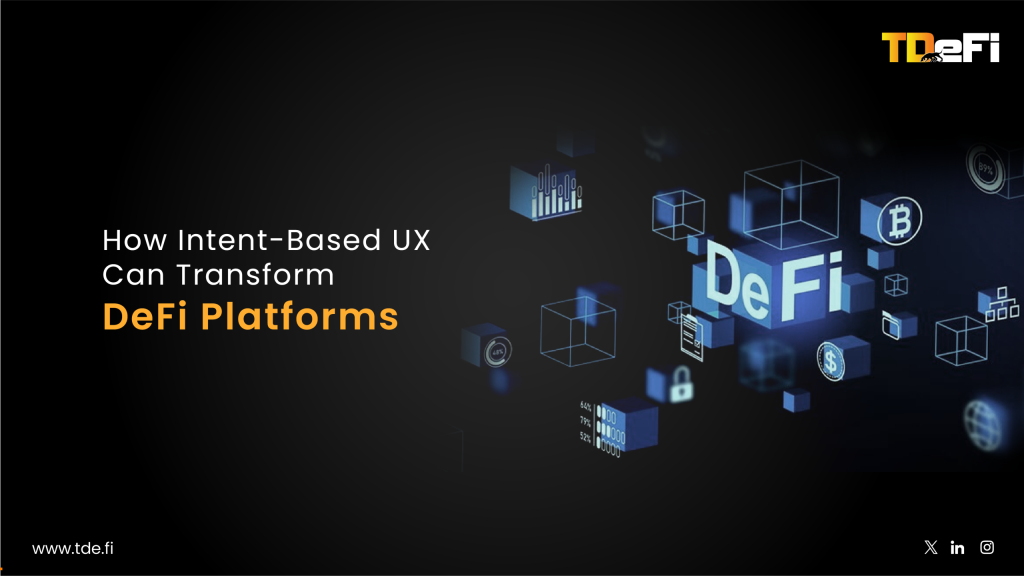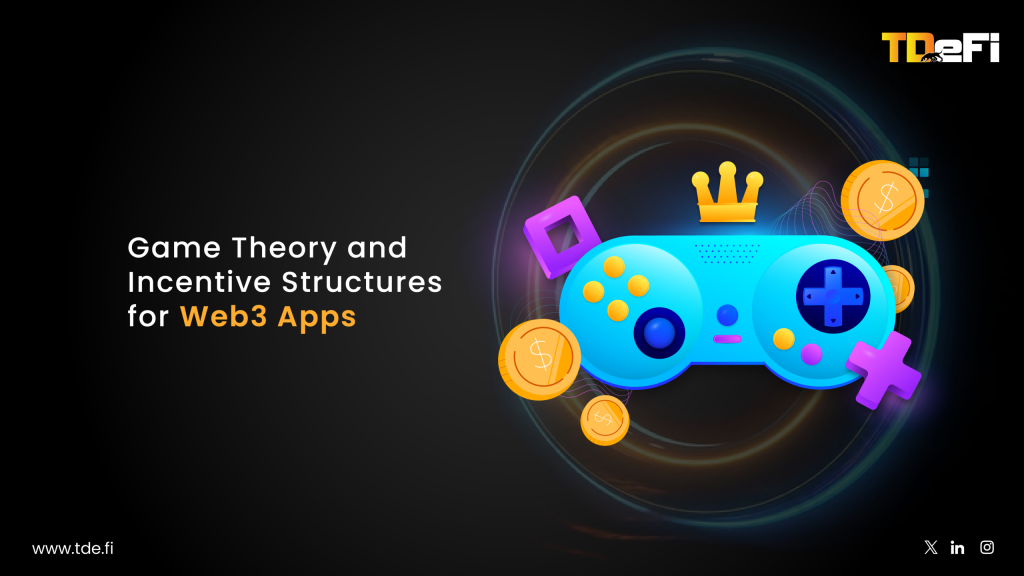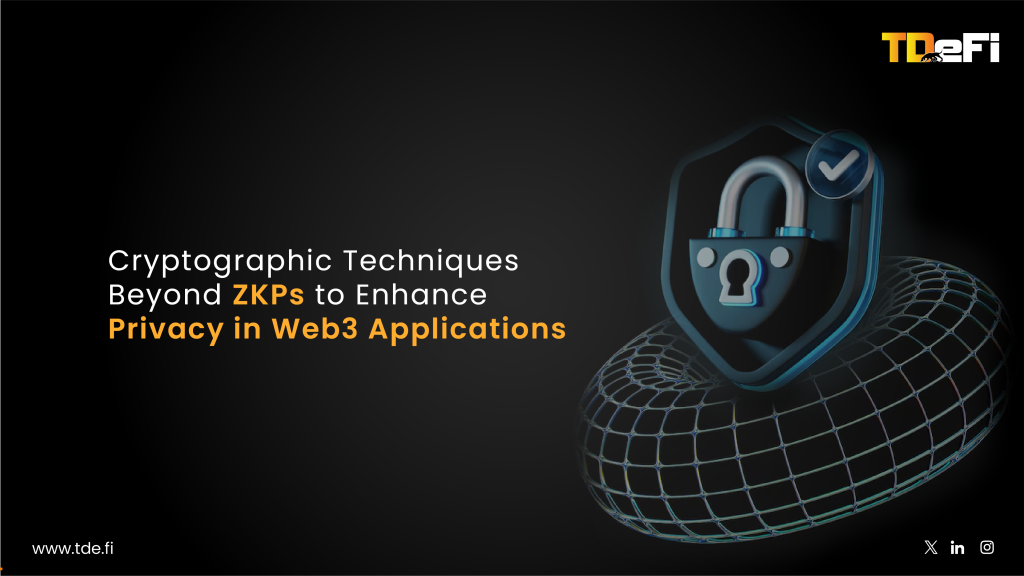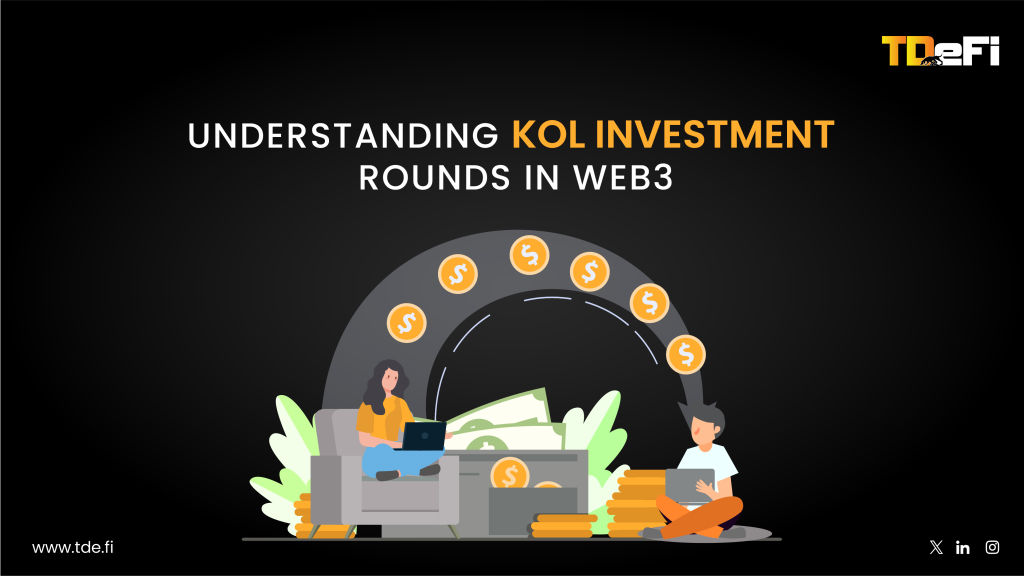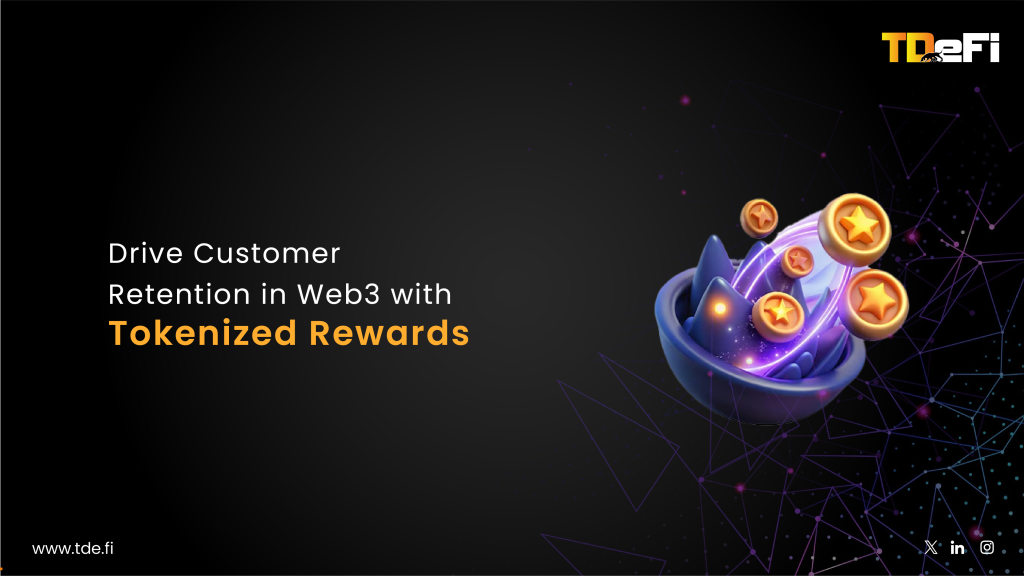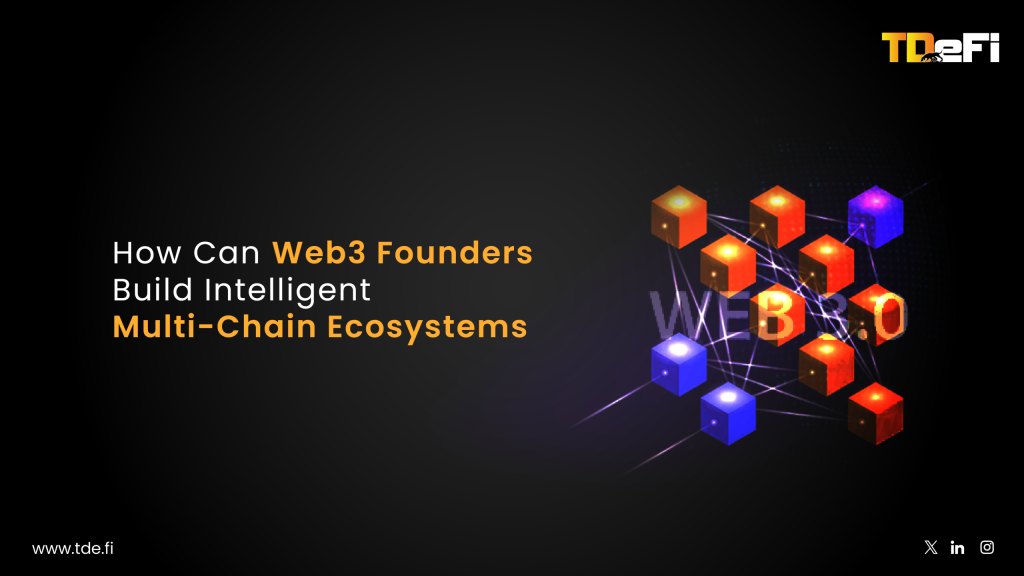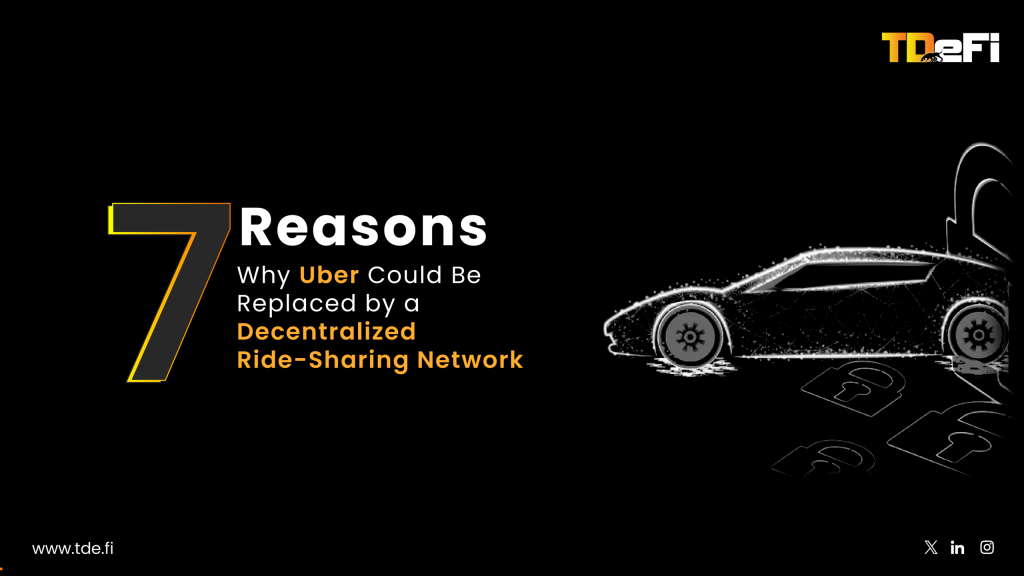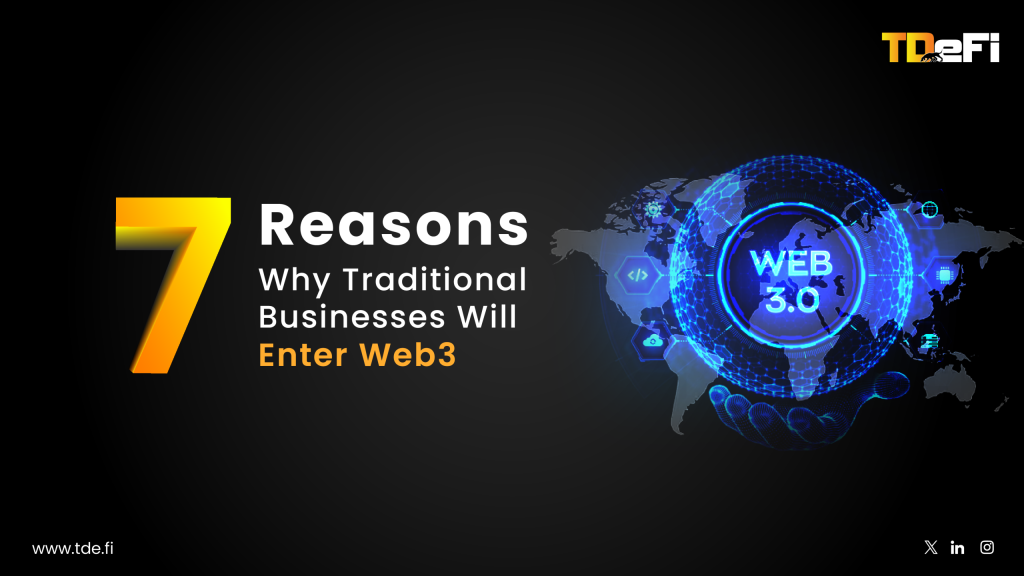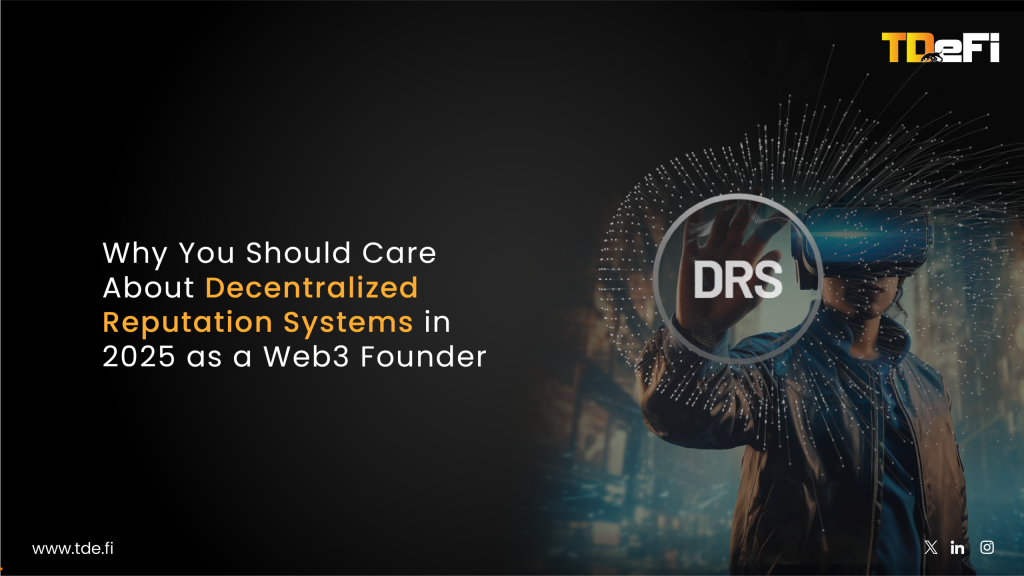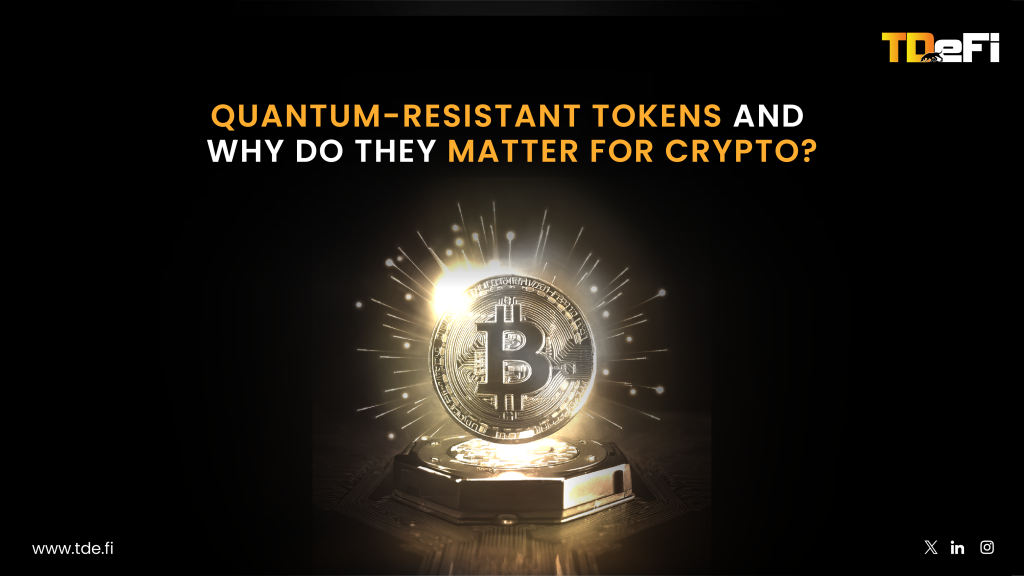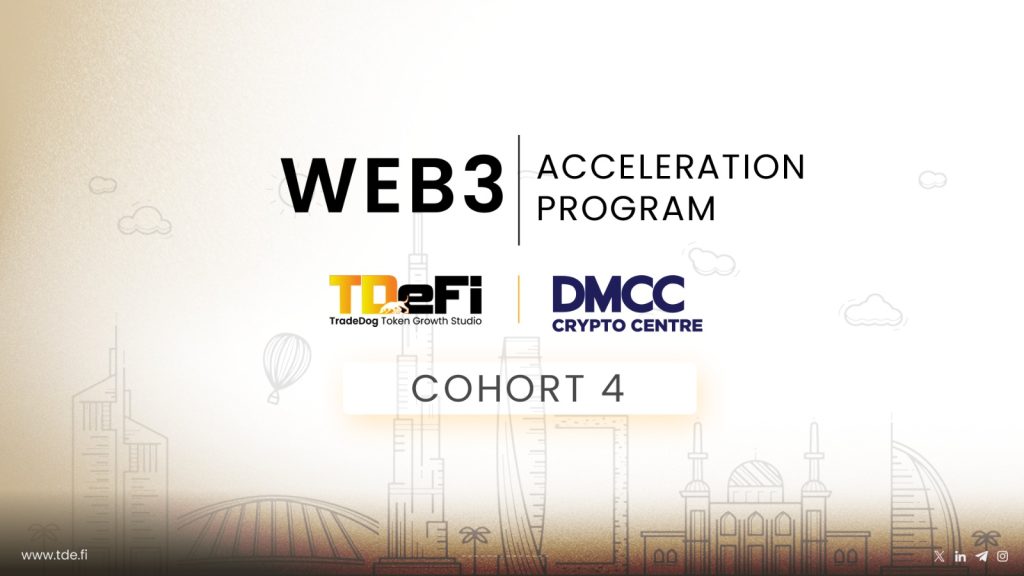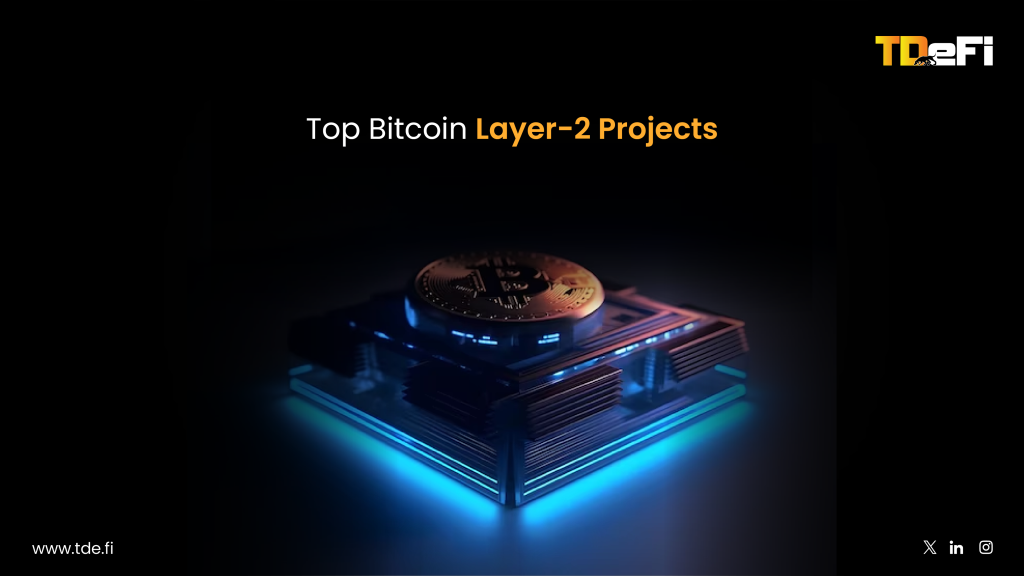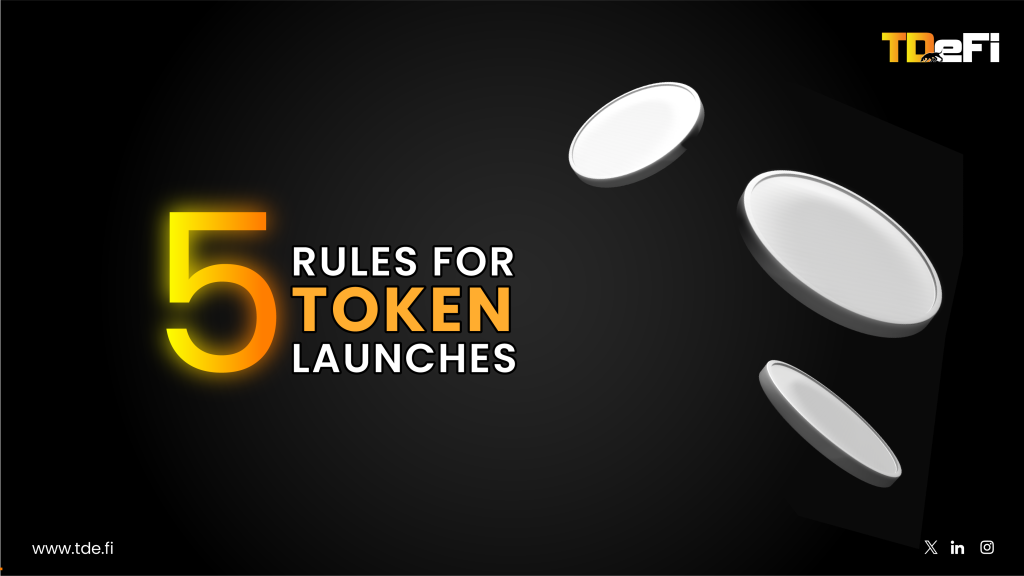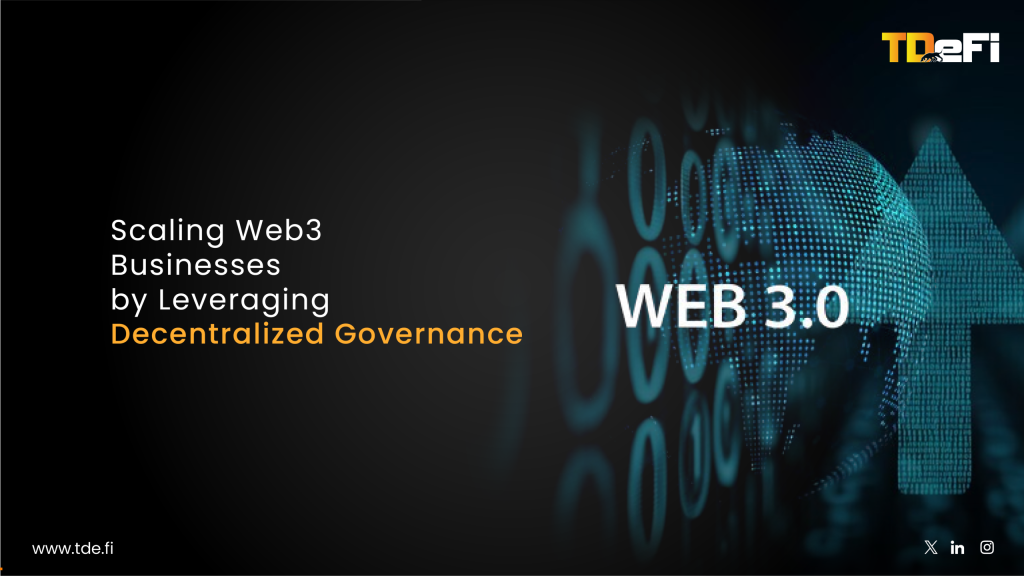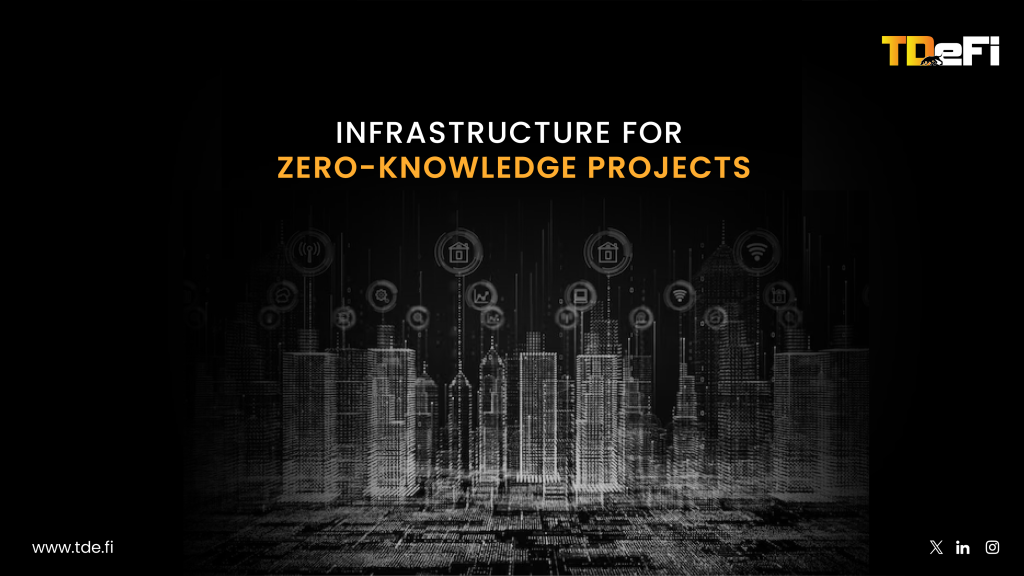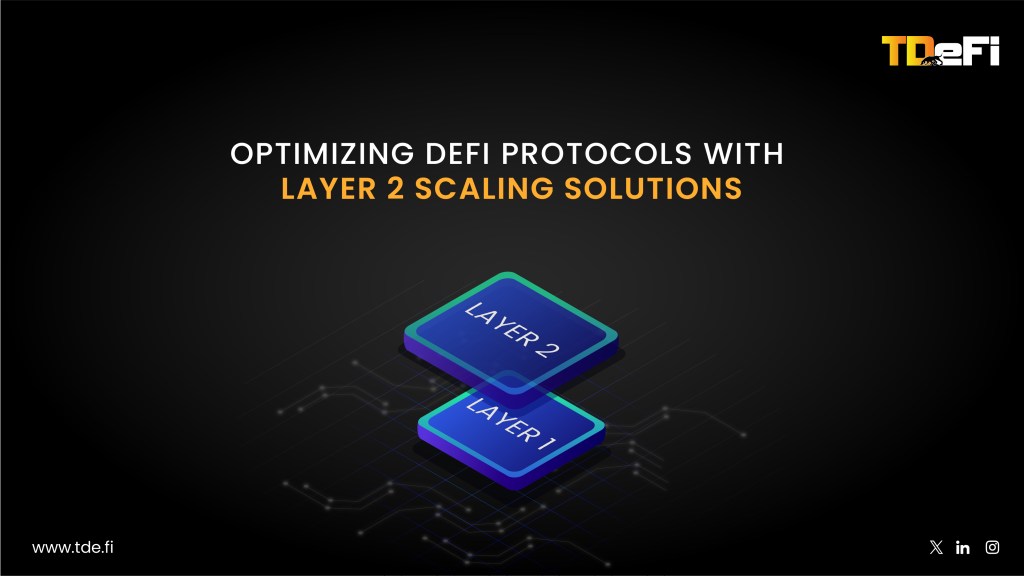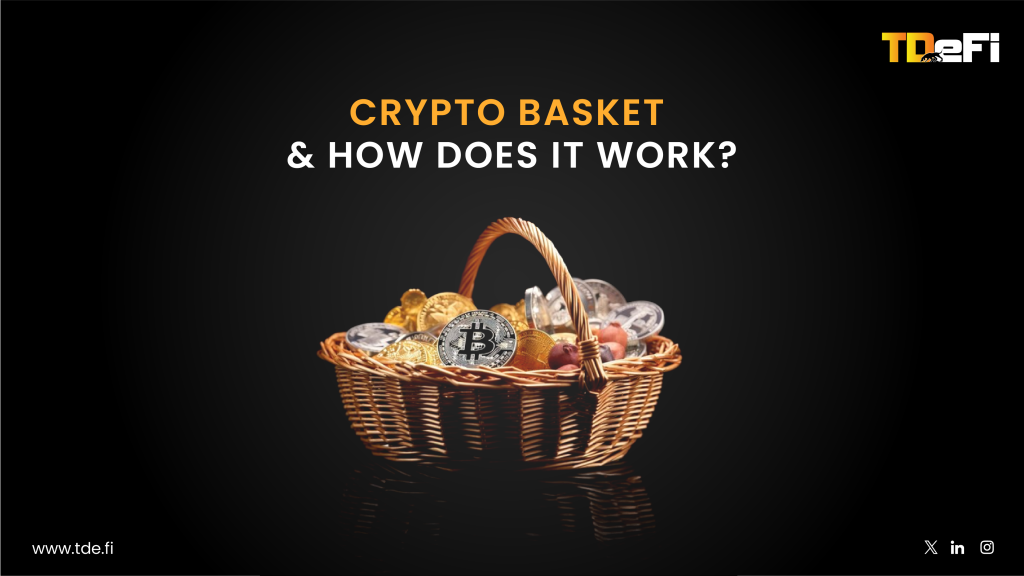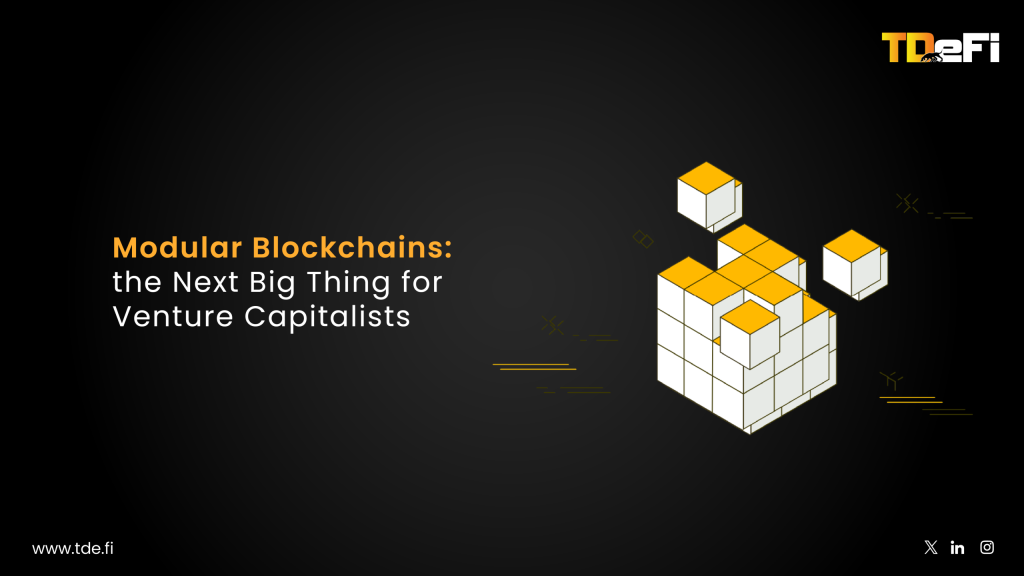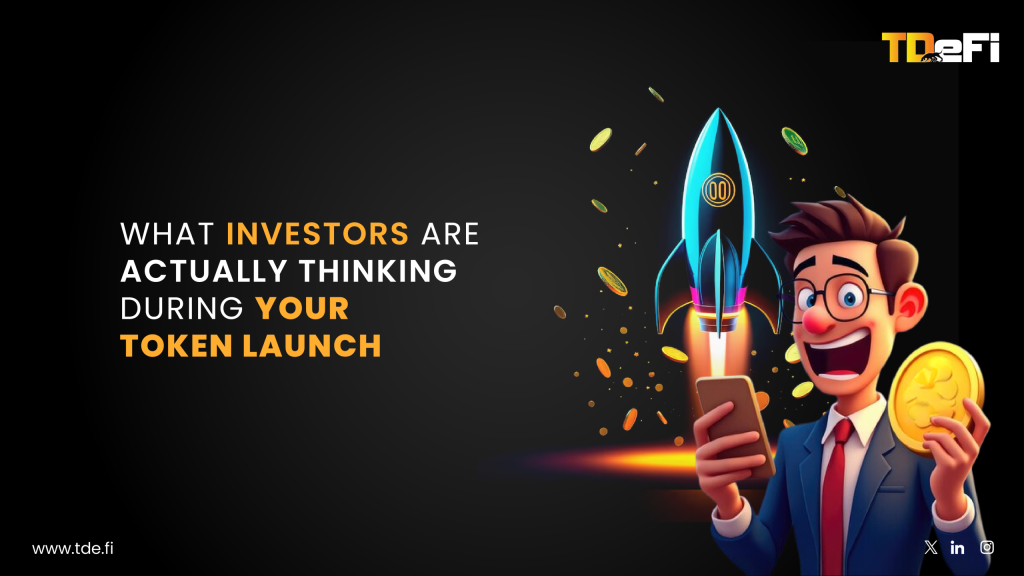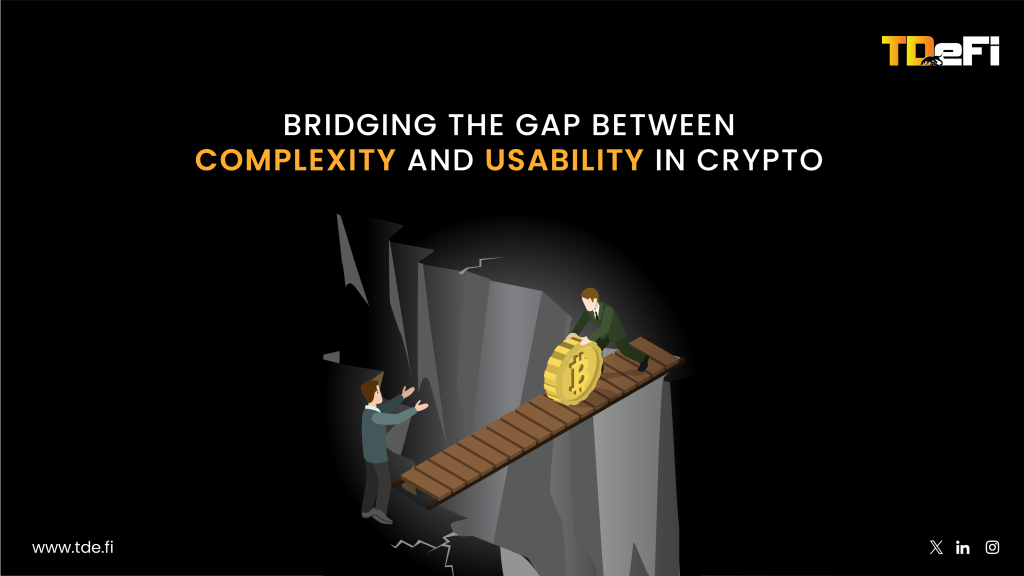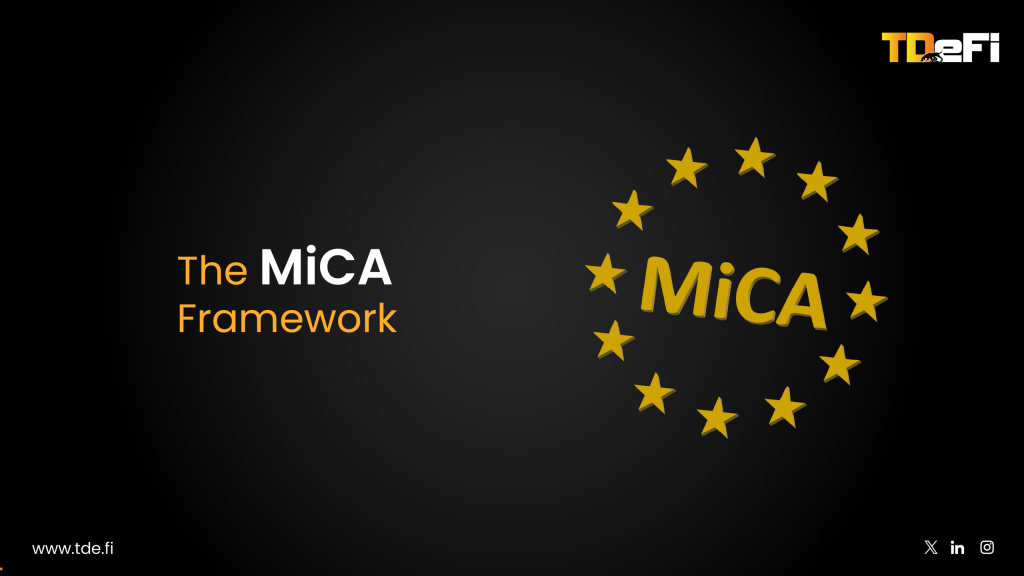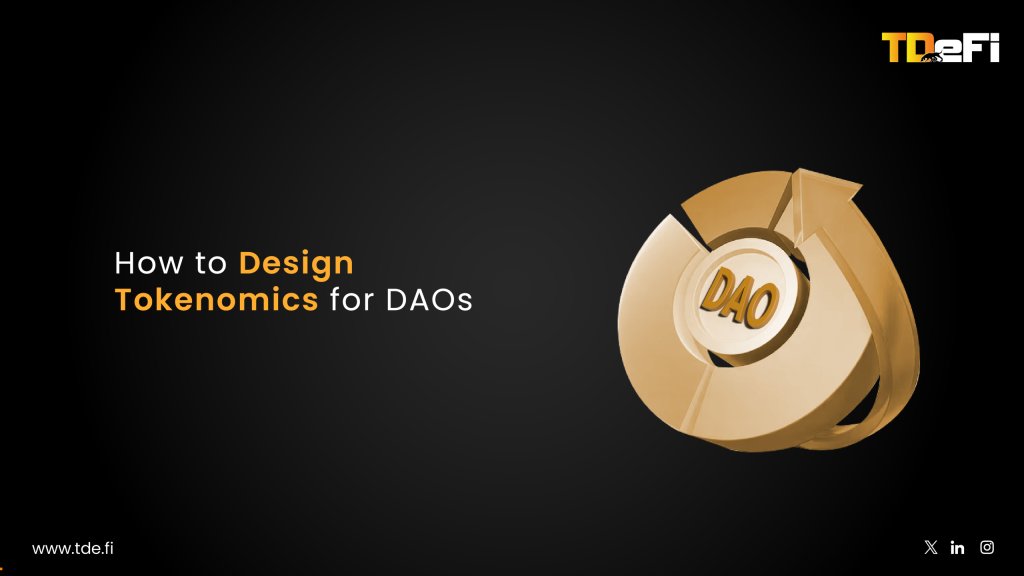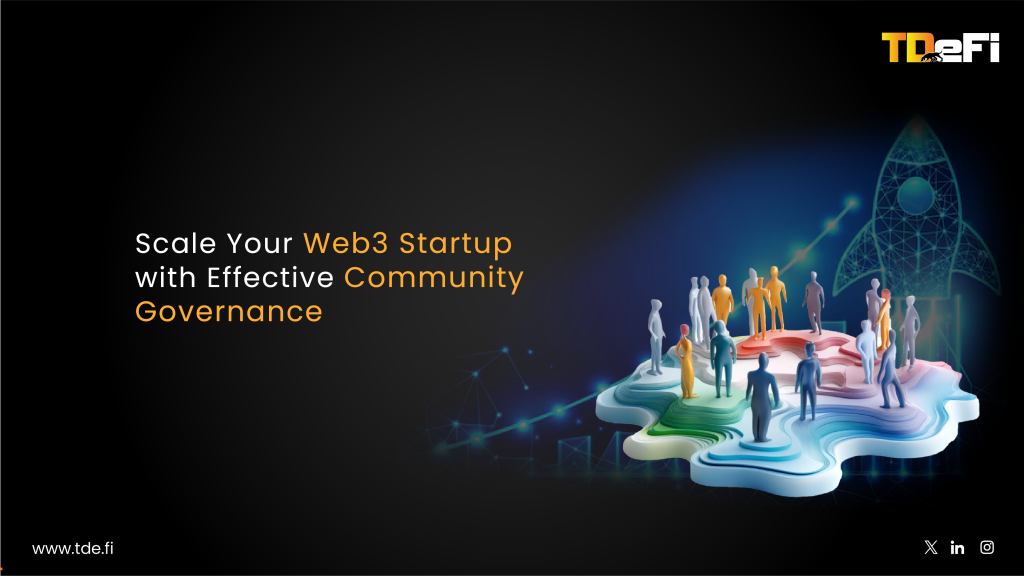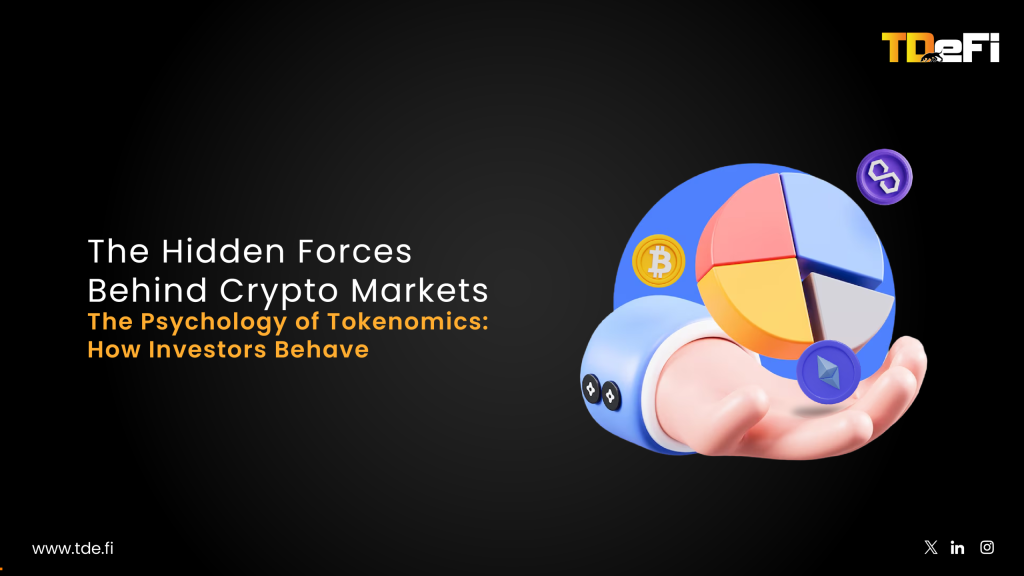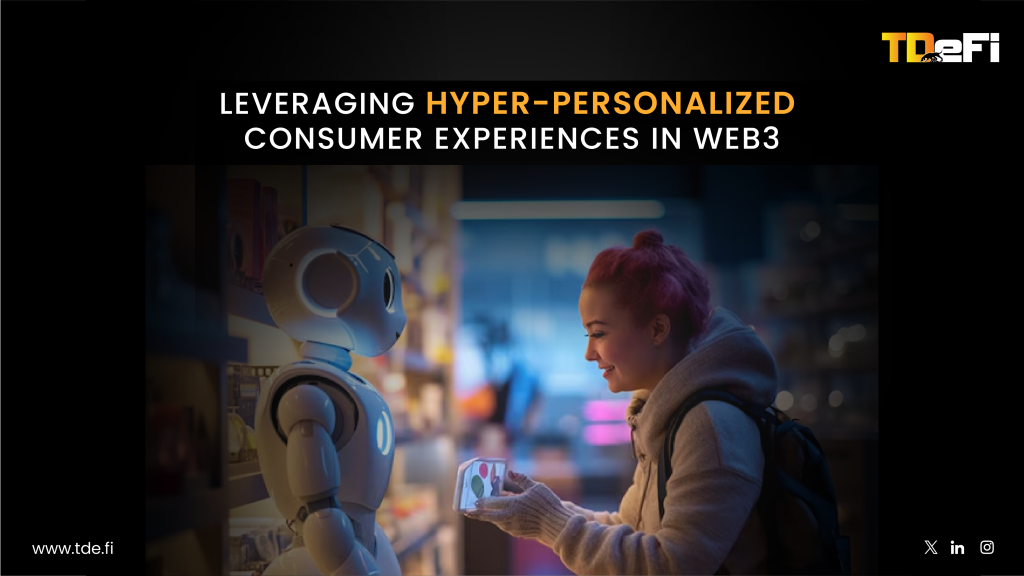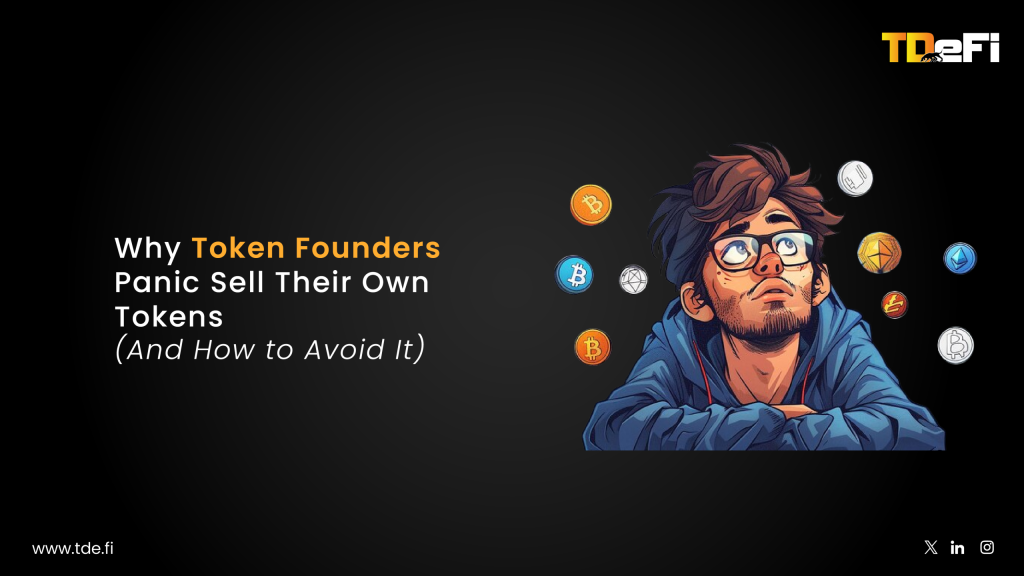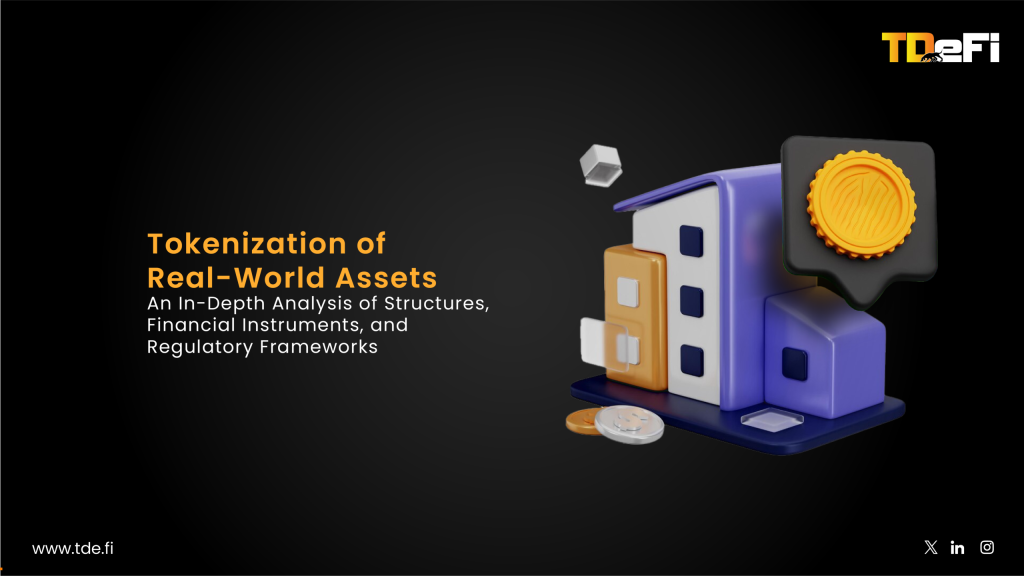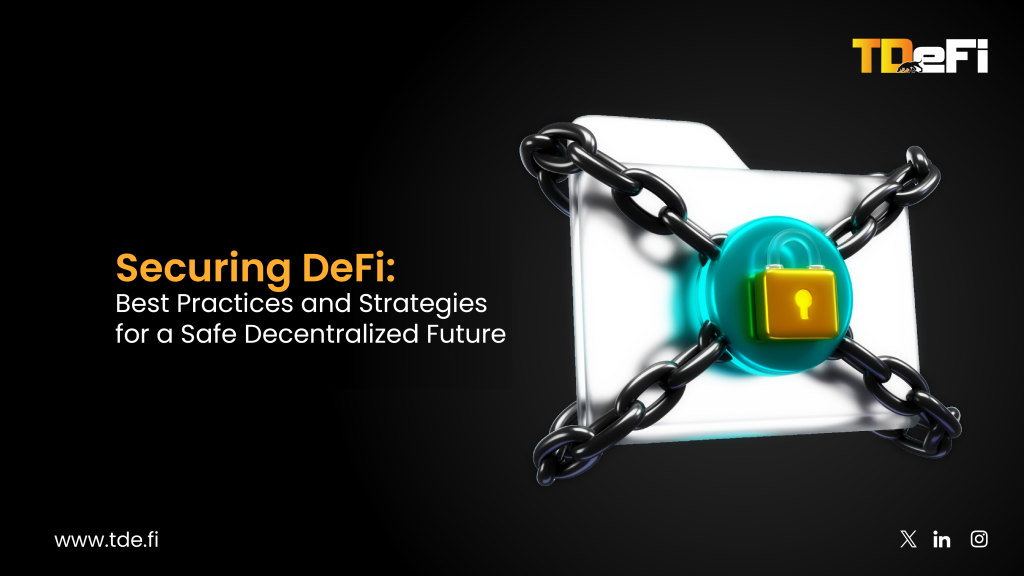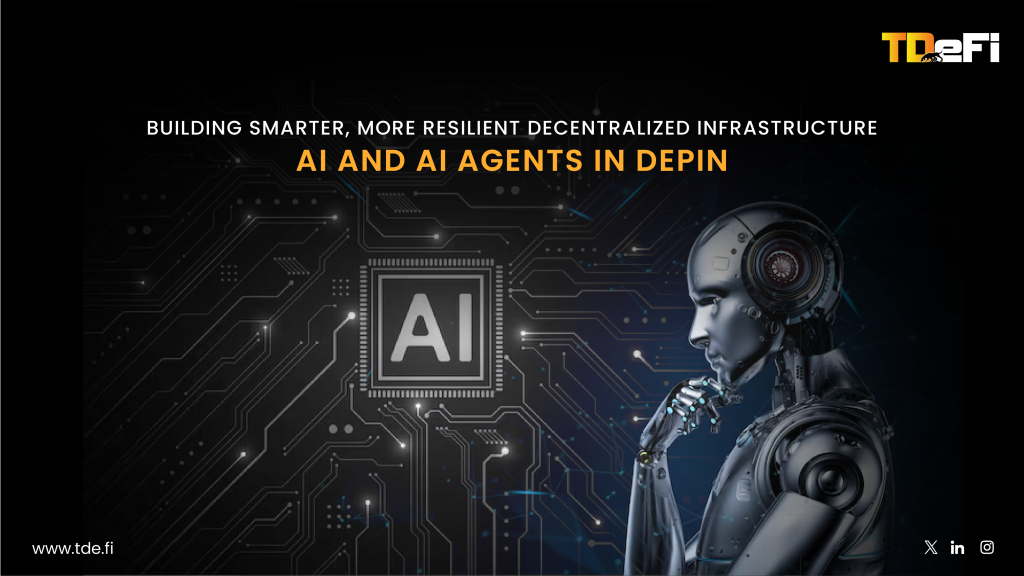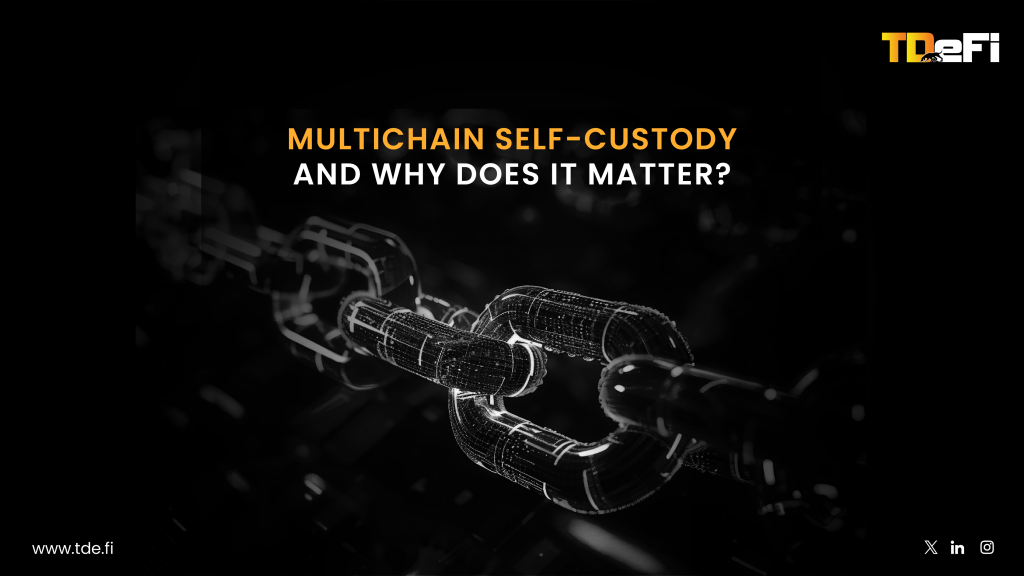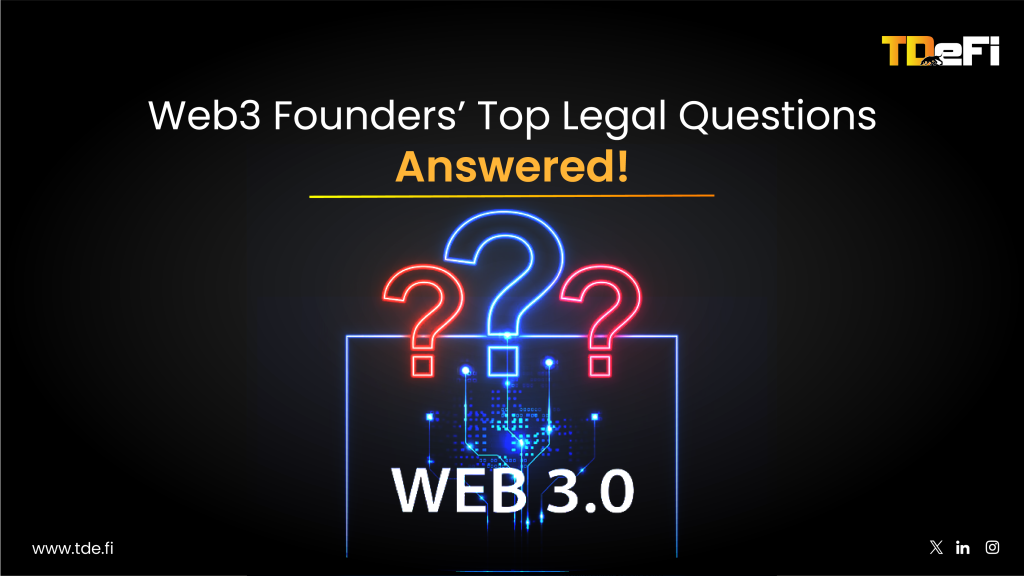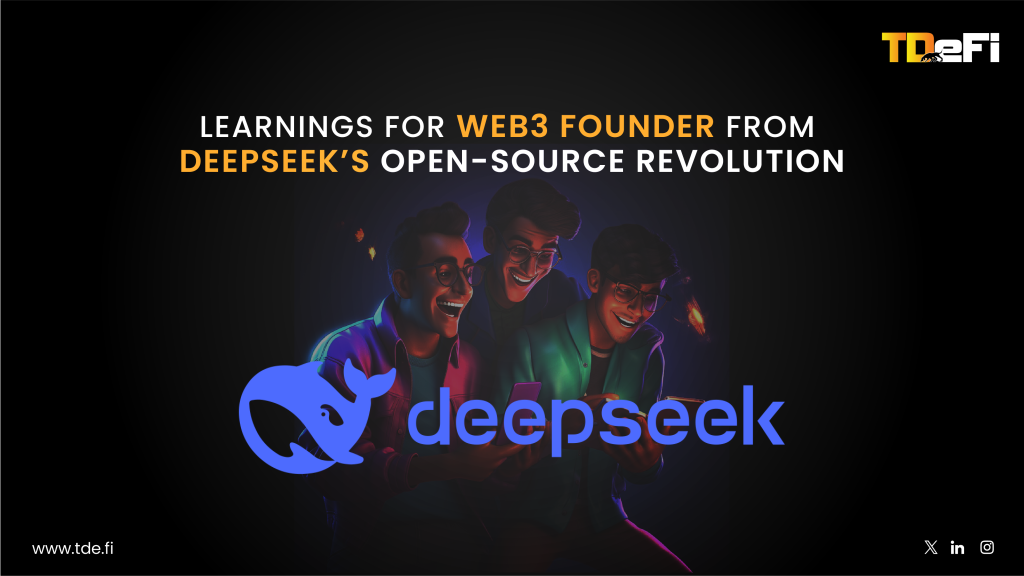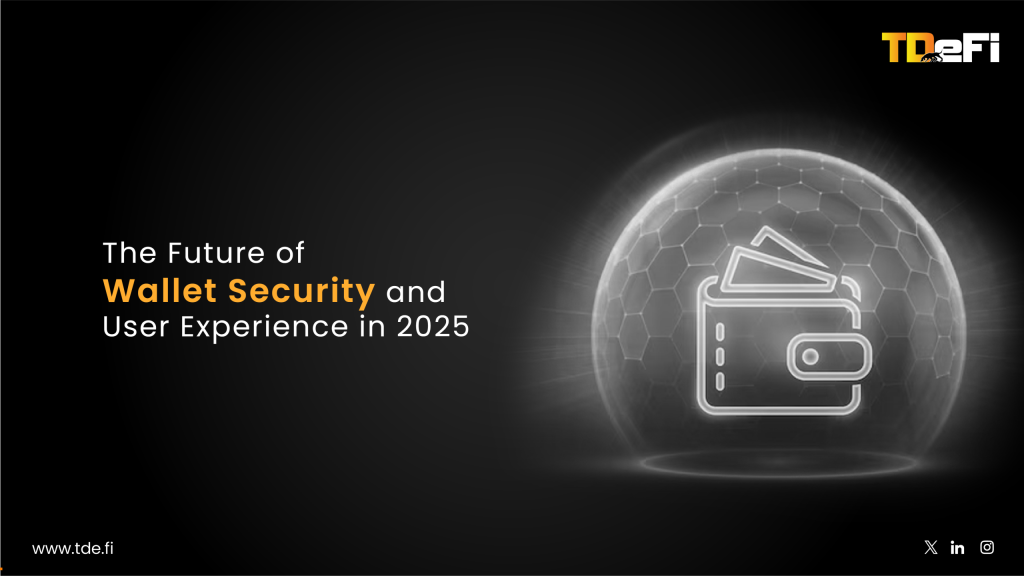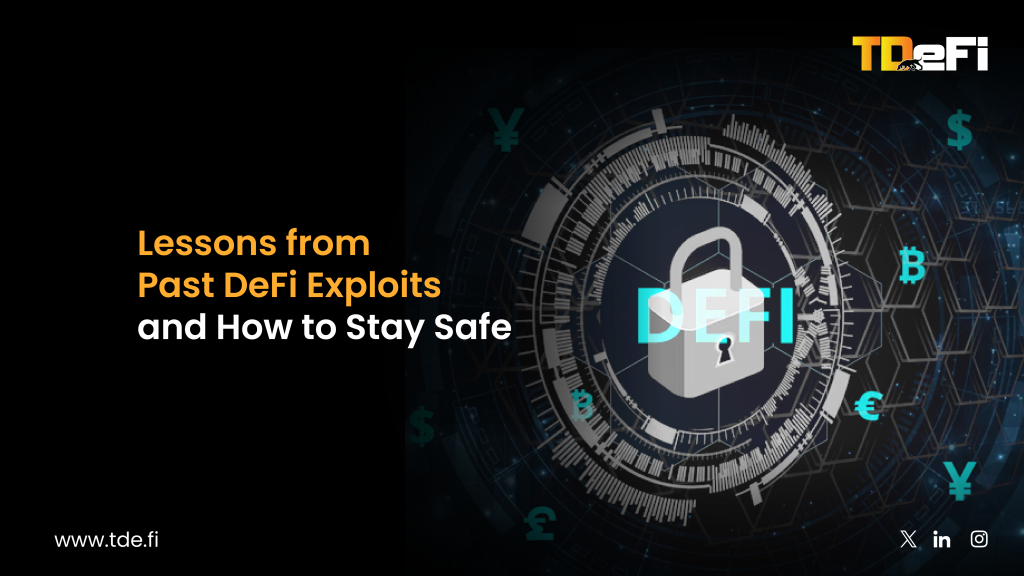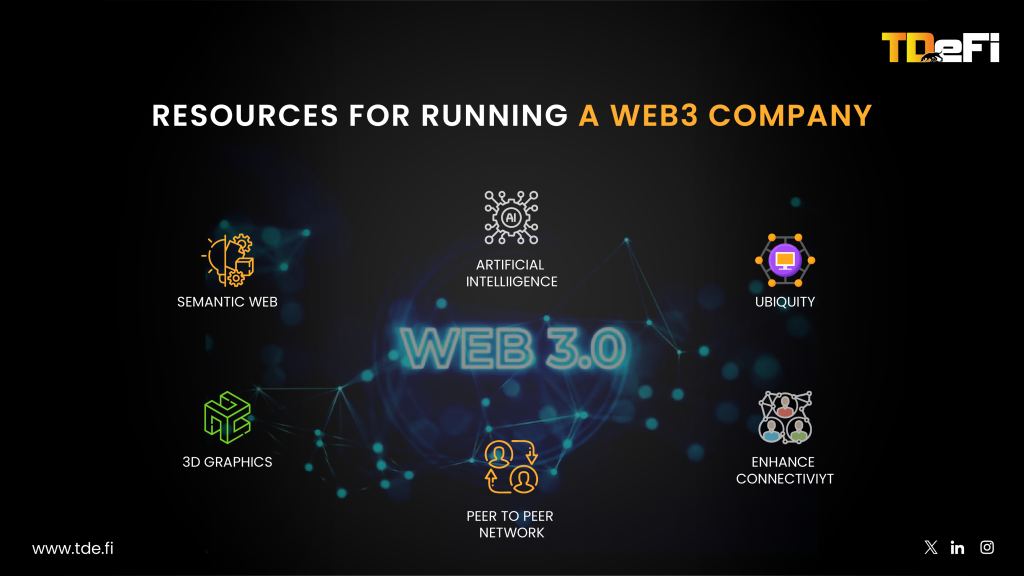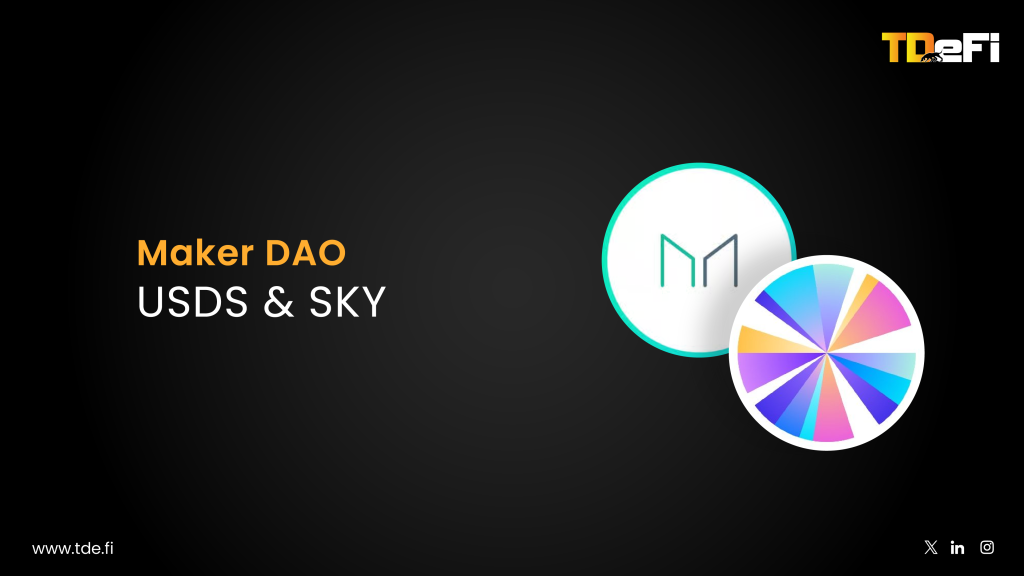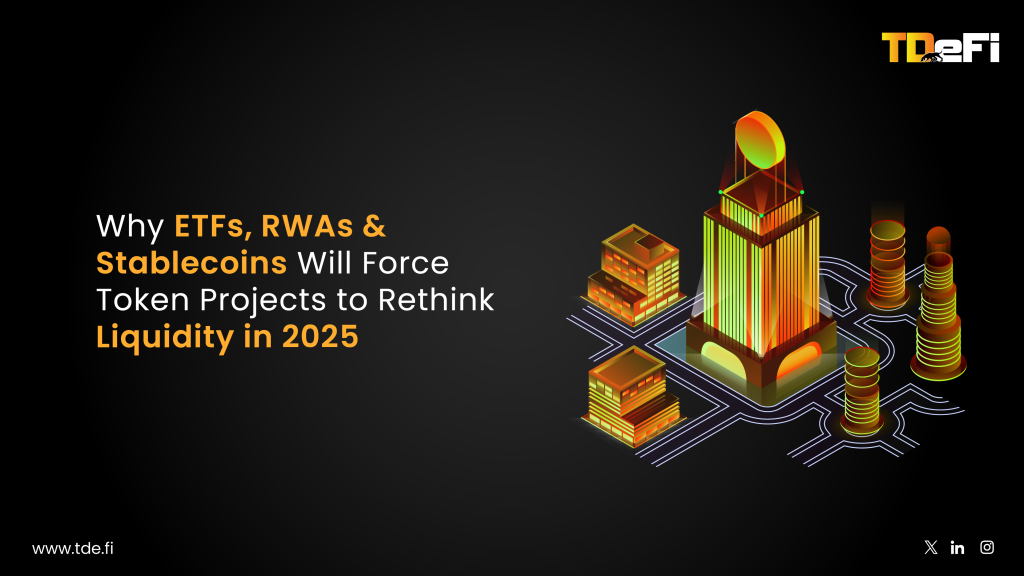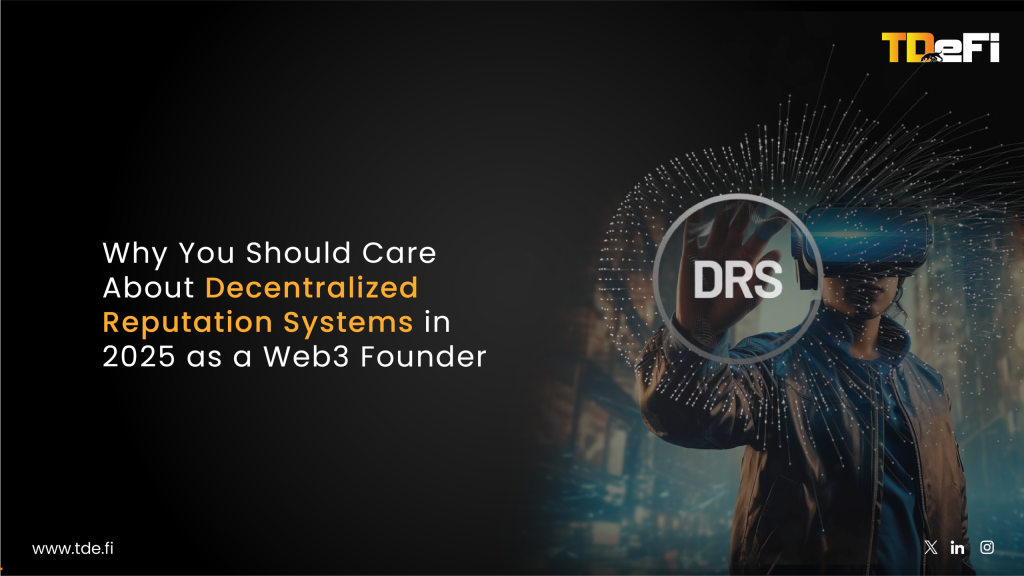As the digital world evolves toward Web3, decentralized identity protocols (DIDs) have emerged as a key solution to the growing concerns over privacy, security, and control of personal information. These protocols are reshaping the way individuals interact with online services, offering an innovative way to manage identity. In essence, decentralized identity empowers users to control their digital selves rather than relying on third-party corporations or centralized platforms, providing a trustless, tamper-proof system through blockchain technology.
Understanding Decentralized Identity Protocols
At the core of decentralized identity protocols lies the concept of self-sovereign identity (SSI). In this model, individuals have complete control over their own data, including how, when, and with whom they share it. Unlike traditional identity systems where intermediaries (like social media platforms, banks, or governments) store personal data, decentralized identity allows users to maintain their credentials on blockchain networks.
These credentials are stored through cryptographic means using decentralized identifiers (DIDs). DIDs are unique, blockchain-based identifiers that represent users in the digital world, allowing them to authenticate their identities without handing over control to central entities. Paired with verifiable credentials (VCs), DIDs offer a system where users can prove various aspects of their identity (age, citizenship, education) while maintaining their privacy.
A core feature of these systems is that they rely on decentralized public-key infrastructure (DPKI) to manage cryptographic keys, which enables secure and private interactions. Since no single entity controls the system, users can trust that their identity data isn’t being sold or manipulated.
Why Decentralized Identity Matters in Web3
In the context of Web3 — the significance of decentralized identity protocols becomes clear. Web3 envisions a future where users own their data, assets, and digital lives entirely. Decentralized identity aligns with these goals, breaking free from the centralized control of tech giants, financial institutions, or even governments.
Here are a few ways decentralized identity matters:
- Control Over Personal Data: Users regain ownership of their personal information, making it possible to share specific pieces of data (like verifying they are over 18) without exposing sensitive information (like their home address or social security number).
- Privacy by Default: Centralized platforms require users to hand over all their data in exchange for services, but decentralized identity protocols let users choose what to share and when. This “privacy by design” philosophy is a stark contrast to today’s data-hungry platforms.
- Security and Fraud Prevention: In decentralized systems, there is no single point of failure. Data breaches in centralized systems (as seen with numerous high-profile hacks) are less likely because users’ credentials are stored cryptographically across a distributed ledger, minimizing the risk of theft or manipulation.
- Trustless Environment: One of the cornerstones of blockchain is that trust is built into the system, eliminating the need for a middleman. With decentralized identity, there’s no need for third-party verification services, enabling trustless peer-to-peer interactions.
The Components of Decentralized Identity Protocols
- Decentralized Identifiers (DIDs): These unique identifiers represent users in a decentralized network. They are self-sovereign, meaning no central authority controls them. Instead, DIDs are maintained across a distributed ledger, ensuring they cannot be manipulated by external entities.
- Verifiable Credentials (VCs): Verifiable credentials are digital statements that can be cryptographically proven as authentic. For example, a university can issue a digital diploma to a graduate, who can then use this credential to prove their education status without revealing unnecessary information like their grades or date of graduation.
- Decentralized Public-Key Infrastructure (DPKI): To ensure secure interactions in decentralized identity systems, cryptographic keys are used. The DPKI allows users to create, store, and manage these cryptographic keys, ensuring that only they can control their identifiers and credentials.
- Blockchain: Blockchain plays a vital role in decentralized identity by providing a tamper-proof, distributed ledger that stores the DIDs. This decentralized ledger ensures that no single entity has control over users’ identities and that records cannot be altered without consensus from the network.
Real-World Applications of Decentralized Identity in Web3
- Authentication and Access Control: Decentralized identity protocols offer a robust alternative to traditional login systems. For instance, instead of logging into a service with a password (which could be hacked or stolen), users can authenticate themselves with a DID. This approach not only eliminates the need for passwords but also provides a more secure way of proving identity.
- Decentralized Finance (DeFi): DeFi applications, which aim to disrupt traditional finance by removing intermediaries, rely on trustless systems. Decentralized identity protocols allow users to participate in DeFi platforms without exposing their full identity. For example, a user could verify they meet a platform’s KYC requirements without giving away more information than necessary.
- Gaming and the Metaverse: With the rise of blockchain-based games and metaverse projects, decentralized identity allows gamers to carry their identities, assets, and reputations across different platforms. Users can prove ownership of in-game items and assets or participate in decentralized governance without revealing their real-world identity.
- Reusable KYC (Know Your Customer): Traditional KYC processes are costly and repetitive. With decentralized identity, users can prove they have already passed KYC checks on one platform and reuse that verification on others, saving time and ensuring that personal data isn’t unnecessarily shared with multiple entities.
Challenges and Roadblocks in Adopting Decentralized Identity
- Regulatory Compliance: Governments and regulators are still grappling with how to handle decentralized technologies, including identity systems. In many jurisdictions, strict regulations govern how identity is verified and stored. Decentralized systems may clash with existing laws, particularly around anti-money laundering (AML) and KYC rules.
- User Adoption: While the crypto-savvy are quick to recognize the benefits of decentralized identity, the general public may be hesitant. Users are accustomed to relying on centralized services (like Google or Facebook logins), and shifting toward self-sovereign identity will require educational efforts.
- Interoperability: Though decentralized identity protocols adhere to global standards like W3C and the Decentralized Identity Foundation (DIF), ensuring seamless interoperability between different blockchains and identity providers is still a challenge. More work is needed to develop standards that allow decentralized identities to function across multiple platforms and ecosystems.
- Scalability: As with many blockchain-based systems, scalability is a concern. For decentralized identity protocols to work at a global scale, they need to handle millions of transactions and verifications efficiently. Current blockchain infrastructures face limitations that need to be addressed for widespread adoption.
The Future of Decentralized Identity
Decentralized identity protocols are a crucial building block for the future of Web3. As the internet continues to evolve toward decentralization, identity will play a central role in ensuring privacy, security, and trust. The shift from centralized control to user-owned data is already underway, and while there are challenges, the potential benefits are undeniable.
Looking ahead, decentralized identity could become a standard across all digital interactions. From accessing financial services to verifying academic achievements, the ability to control one’s identity without relying on third-party intermediaries will empower individuals and pave the way for a truly user-centric digital world.


